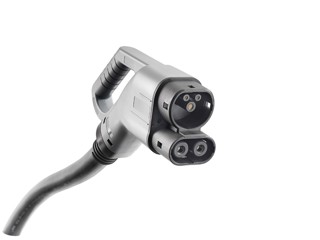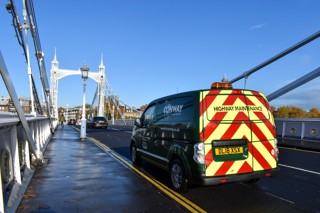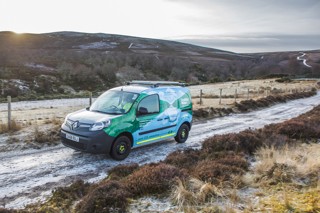A consortium led by UK Power Networks has received funding to investigate the feasibility of fitting wireless electric vehicle (EV) charging technology in London.
The Office for Low Emission Vehicles (OLEV) has provide a £50,000 grant to fund the three month project, which will run until March.
The purpose of the study is to understand the impact on infrastructure and the commercial viability of wireless charging.
UK Power Networks Services will work with UPS, High Speed 1 and WMG.
The assessment will include the wireless charging of UPS delivery vans at their Tamworth depot while parcels are loaded, of electric taxis while waiting for passengers in the taxi rank outside St Pancras International railway station and of UK Power Networks’ electric vans.
“Wireless charging has the potential to deliver lower cost electric vehicle fleets, safer unobtrusive infrastructure and provides an important solution where constraints on physical space mean wired charging is not practical,” said Ian Smyth, director of UK Power Networks Services.
“We believe that the lack of wireless charging projects in the UK is primarily the result of many users considering this technology immature or lacking a strong business case.
“Wireless charging could allow drivers to stay in their vehicles and create a safer, more secure vehicle with greater productivity and lower cost. With so many potential benefits, commercial enterprises need to understand the case for wireless charging better,” Smyth added.
The feasibility study has the potential to lead to a second round of funding with the aim of demonstrating a viable technology system and commercial model, whilst unlocking a new market for electric vehicles, associated infrastructure, and the companies who service this market.






















Login to comment
Comments
No comments have been made yet.